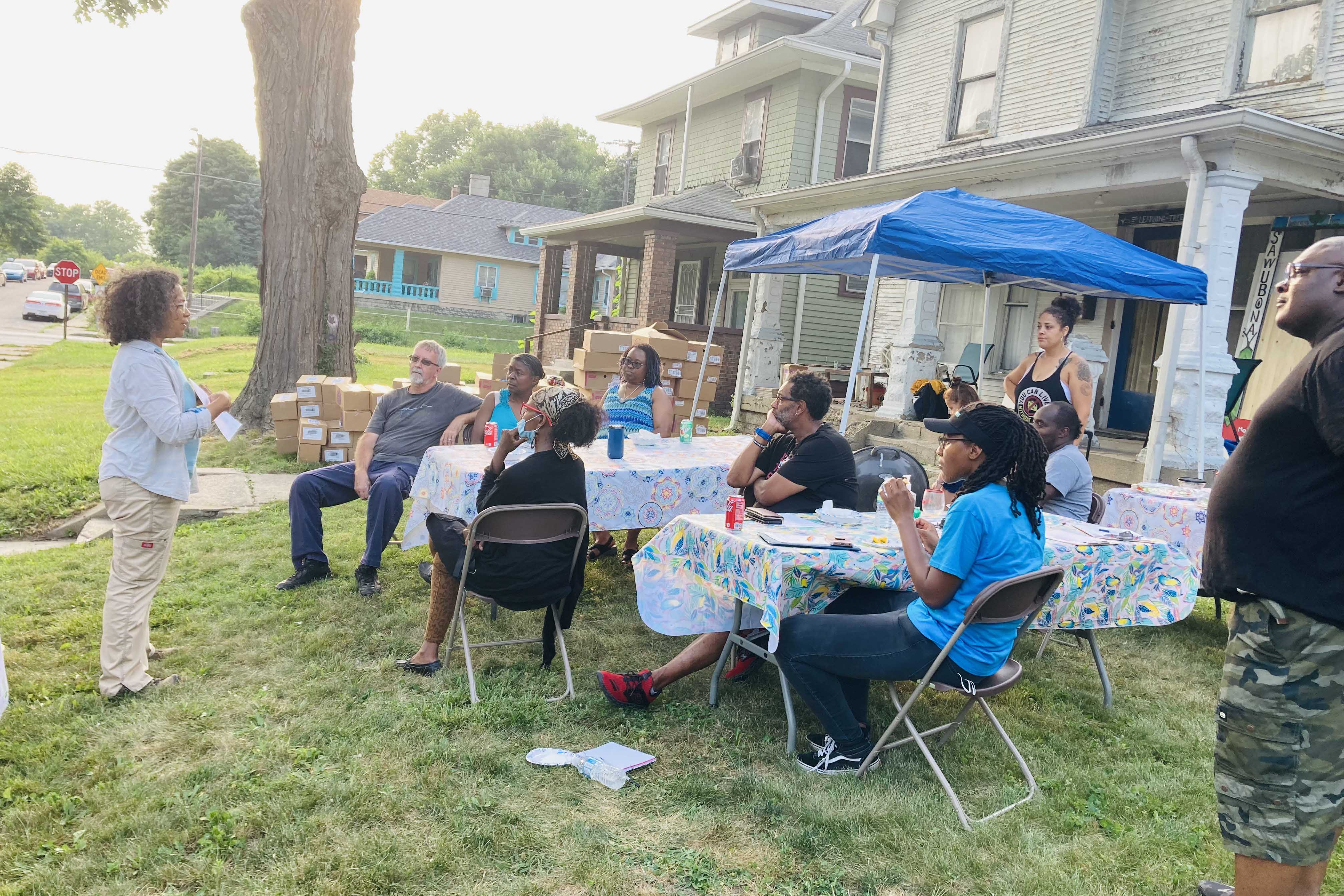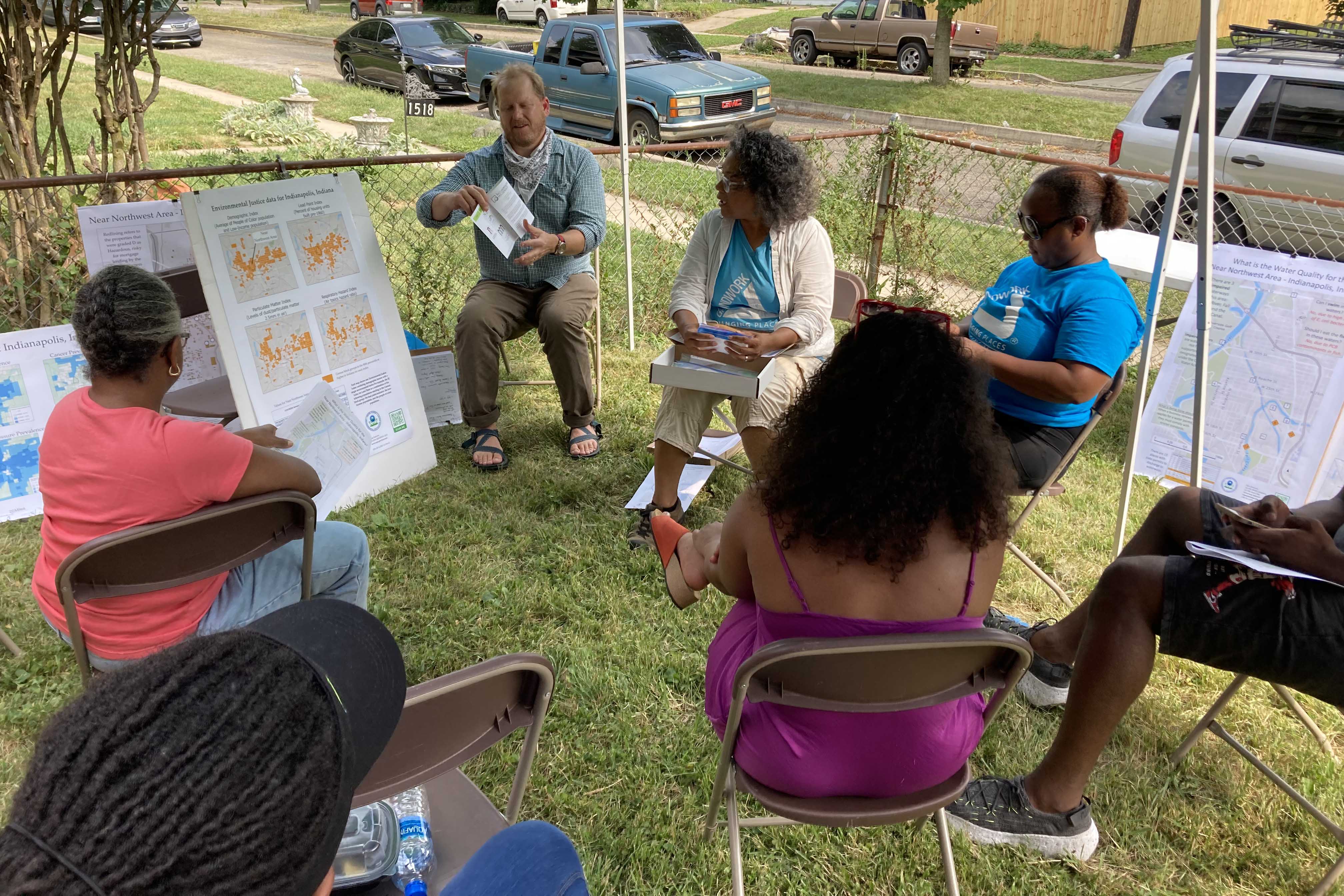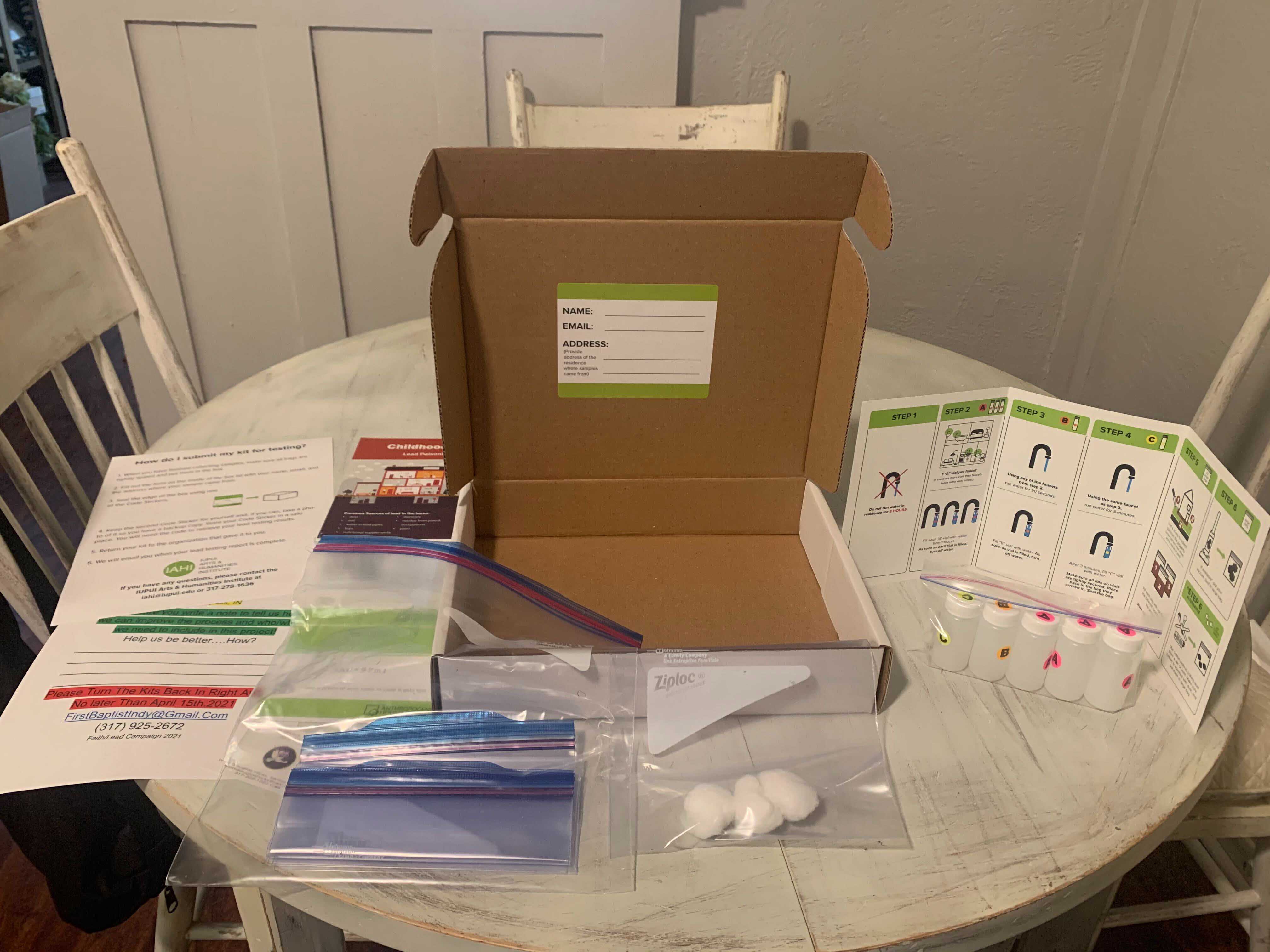The Problem
Hoosiers’ experience of the local environment plays an outsized role in how they relate to environmental challenges and what policies they support. Many urban neighborhoods in Indiana have inherited a history of industrial contamination, where the air, soil, and water pose a potential threat to residents’ health and livelihood. Understanding how residents interpret these legacies and who they trust can help inform strategies to address longstanding environmental injustices.





